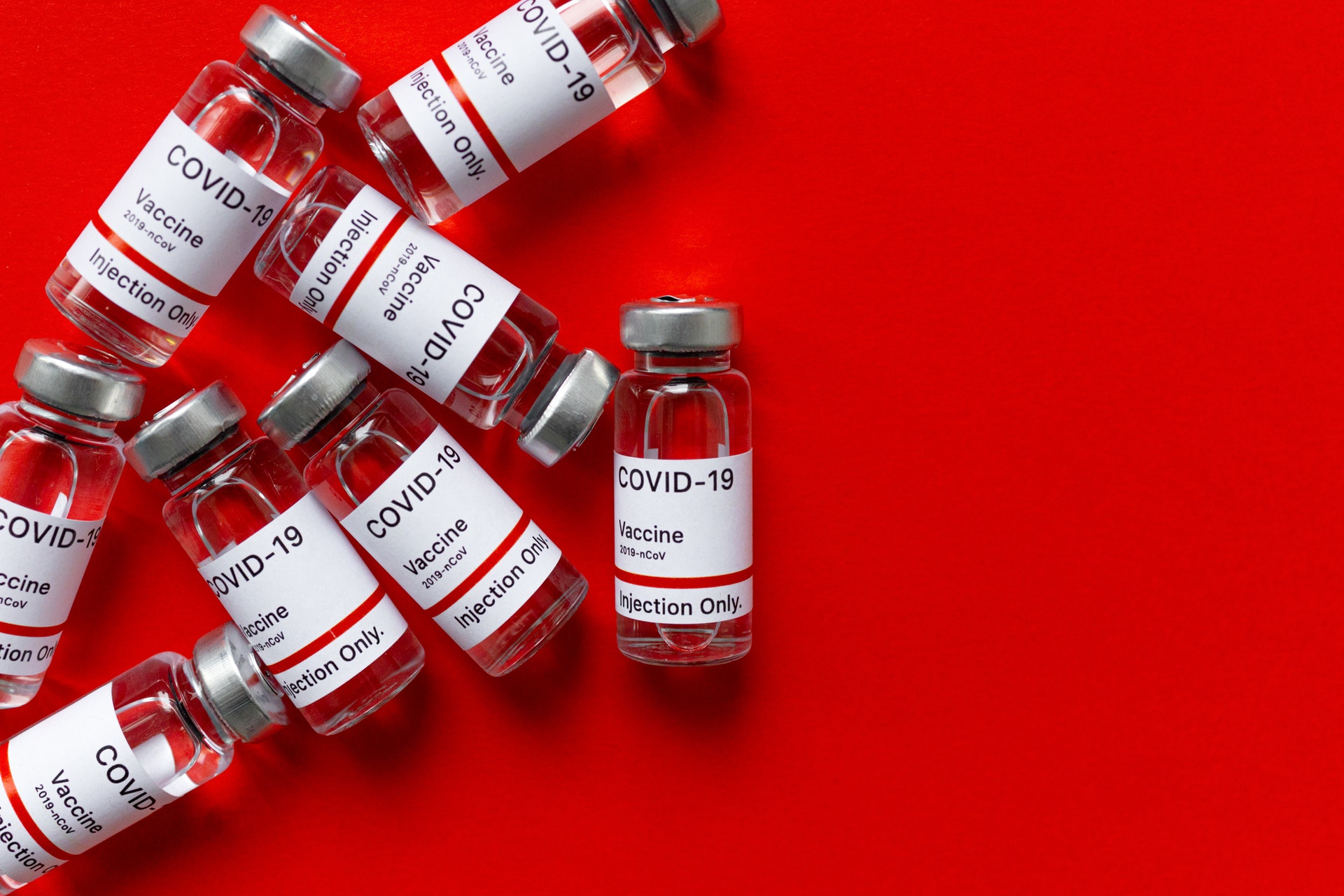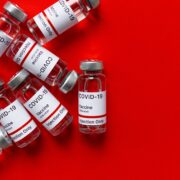
MILLIONS of older and vulnerable Americans will now be able to receive a booster shot of the Pfizer-BioNTech COVID-19 vaccine to increase their protection.
The U.S. Centers for Disease Control and Prevention (CDC) on Friday, September 24 signed off on booster doses for a broad group of people who are at high risk for infection.
This comes after the agency’s Advisory Committee on Immunization Practices recommended the third dose for people 65 and older, nursing home residents, and those aged 50 to 64 who have risky underlying health problems.
Individuals aged 18 to 49 with underlying medical conditions may also receive a booster shot based on their individual benefits and risks.
However, CDC Director Dr. Rochelle Walensky made one recommendation that the ACIP rejected.
Voting 9-6, the advisory panel on Thursday, Sept. 23, rejected booster shots for people aged 18 to 64 years old who were at greater risk of COVID-19 because of their occupational or institutional settings.
Walensky, for her part, put the recommendation back in, noting that it aligned with the U.S. Food and Drug Administration’s (FDA) decision.
“As CDC Director, it is my job to recognize where our actions can have the greatest impact. At CDC, we are tasked with analyzing complex, often imperfect data to make concrete recommendations that optimize health. In a pandemic, even with uncertainty, we must take actions that we anticipate will do the greatest good,” she said in a statement.
“I believe we can best serve the nation’s public health needs by providing booster doses for the elderly, those in long-term care facilities, people with underlying medical conditions, and for adults at high risk of disease from occupational and institutional exposures to COVID-19,” she added.
Walensky also said that they will make recommendations for the Moderna and Johnson & Johnson vaccines as soon as data for them are available.
On Wednesday, Sept. 22, the U.S. Food and Drug administration authorized booster shots of the Pfizer vaccine for people 65 and older, those who are at high risk for infection and whose frequent institutional or occupational exposure to COVID-19 puts them at high risk of serious complications.
“After considering the totality of the available scientific evidence and the deliberations of our advisory committee of independent, external experts, the FDA amended the (emergency use authorization) for the Pfizer-BioNTech COVID-19 Vaccine to allow for a booster dose in certain populations such as health care workers, teachers and day care staff, grocery workers and those in homeless shelters or prisons, among others,” said Acting FDA Commissioner Janet Woodcock.
“This pandemic is dynamic and evolving, with new data about vaccine safety and effectiveness becoming available every day. As we learn more about the safety and effectiveness of COVID-19 vaccines, including the use of a booster dose, we will continue to evaluate the rapidly changing science and keep the public informed,” she added.
The boosters are to be given at least six months after people get their second doses of the Pfizer vaccine.
In August, a third dose of Pfizer’s and Moderna’s COVID-19 vaccines was approved for some people with compromised immune systems.
These included solid organ transplant recipients or those who are “diagnosed with conditions that are considered to have an equivalent level of immunocompromise.”






